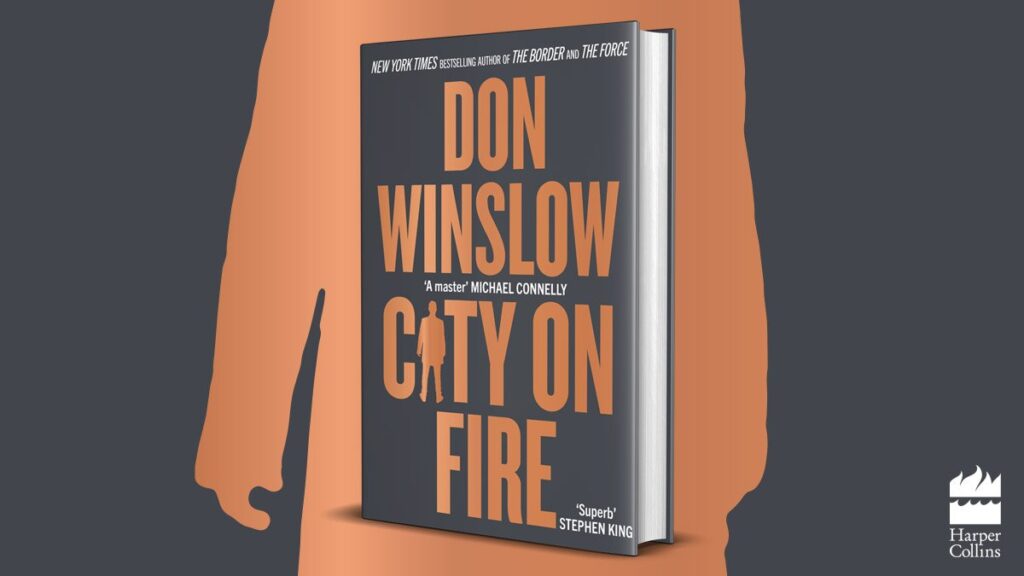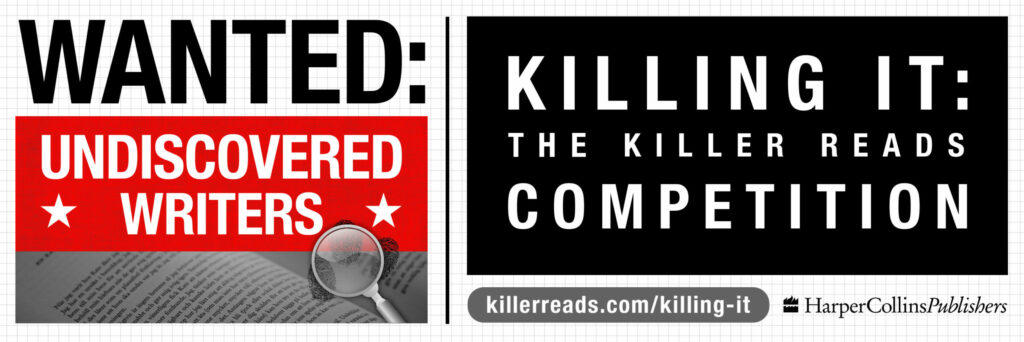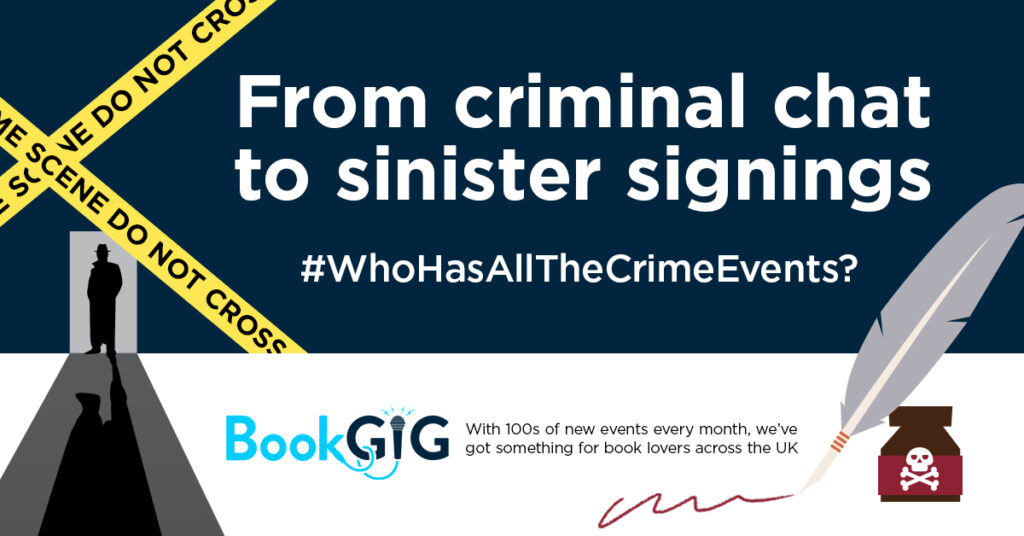Killer Reads: Lieutenant Ty Hauck has had a difficult life in many ways but seemed to find happiness at the end of The Dark Tide. Why did you decide to make things tough again for him in Don’t Look Twice?
Andrew Gross: This is a question that has sent me to stare cravenly into the mirror to find what wounds in me have made personal happiness so elusive for my hero, Hauck. While I’m sure there is a deep personal scar buried in my past – not to mention why betrayal seems to be such a pervasive element in my stories – i’m afraid to say it’s probably nothing deeper than my sense that “happiness” is not particularly dramatic, and not the best plot device when it comes to thrillers. Conflict is. What could be less dramatic that your hero languishing on the boat with his beloved and sharing popsicles at a summer fair? Or having cuddly, happily married sex – except to set up some evil to come? and isn’t it the plight of all great heroes to strive tirelessly for the fate of others, yet have the one thing they desire most perpetually elude them?
KR: Since you wrote the book, US personnel in foreign reconstruction are suspected to have defrauded the taxpayer of tens of billions. Is this something you anticipated when the private contractors first moved into Iraq?
AG: Well, no, I’m not president but my books always seem to start with something small and local – a drive-by shooting, a hit and run – then expand to something much wider and a lot more sinister like a global hedge fund fraud or a juicy Iraq war scandal. What I do know is, though, at the nexus where cronyism and profiteering meet, lies one helluva good conspiracy to use in your story.
KR: Is it fair to say you are preoccupied by the idea of respectability having a dark underbelly and upstanding members of the community being white collar criminals (or worse)?
AG: Yeah, don’t know what it is. I guess, even in business life, I’ve always seen myself as an agent for change, always felt myself on the outside looking in at what I perceived was the vested establishment. This is now, no doubt, how I tear them down. Years back, I was a member of business groups of young corporate presidents, and it seemed the ones who were most successful, those who were almost untouchable in their arc and admiration, were always the ones who were exposed and taken down by scandal. So this must be my way of coming to terms that when in business, I never quite made the big bucks!!!!
KR: So what was your reaction to the news of extensive domestic fraud exposed by the 2008 downturn, like Allen Stanford and Bernard Madoff?
AG: Well, my books take place in and around Greenwich, Connecticut, outside of New York City, and while they’re hardly financial tales, they are littered with hedge fund managers and master-of-the-world types, larger than life. Who knew I was so ahead of the curve as to where the real villains resided? Actually, my family got madoff-ed, meaning they were invested with him, so the thought is a little sad. but two years ago, The Dark Tide did pose the very madoff-like question, what happens when you control billions of “the wrong people’s” money – and then you lose every cent! But like I said, if I was so ahead of the curve, my own investment portfolio would look a lot rosier than it does.
KR: “Behind every fortune, there is a crime” (Balzac) – is this an unavoidable truth?
AG: My mantra. This is the stuff great thrillers – my kind of thrillers – that deal with families and success and wealth – are made of. Every one of my books has pierced through the patina of wealth and seeming success, to a fraud or concealment of truth that lies at the heart of their character. It’s the jet fuel for my plots.
KR: The plot leads Ty from ruthless street gangs to high-rolling casinos – how did you research these two very different areas?
AG: I have to admit I did not lurk clandestine on the streets of Newark (or Bridgeport) to experience the smell and feel of the streets. The gangs in my book, it’s clearly a red herring, clearly something you pass through on the way to something more at stake. The casino thing has always interested me and casinos are huge in Connecticut, where I set my books. So I felt I had to include them. The idea of a respectable attorney brought down by a gambling vice intrigued me, but not enough to make it the end destination of the book. I have to admit, the gaming “scam” that they purportedly engage in, came off Google news somewhere actually happened. The truth is, I only research my books deep enough to give it the layer of believability to buy into what is happening in the plot. I’d say I’m much more a believer in credibility than truth.
KR: We’ll finish with how you started: a novel called Hydra, which got you the attention of James Patterson. Could you tell us what that book was about and what happened to it?
AG: It’s still an unpublished disc in the back of my drawer. (Boo-hoo.) It was a political conspiracy novel about a right wing takeover of the United States, through a radical wing of the NRA (the national rifle association). Now, if I knew it would end up being a non-fiction story…. well, I would have seen my name in print a whole lot sooner (there was a joke there!). I think it’s a great story, but the fact is, I have borrowed against it strategically over the years, so one day, if readers ever get to see it, they will probably recognize a scene or character or two.


